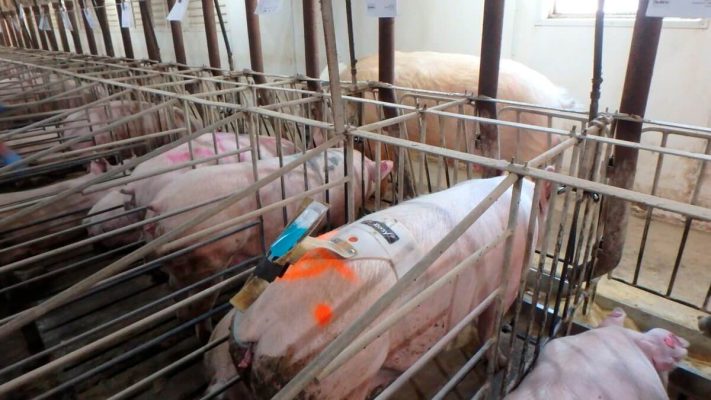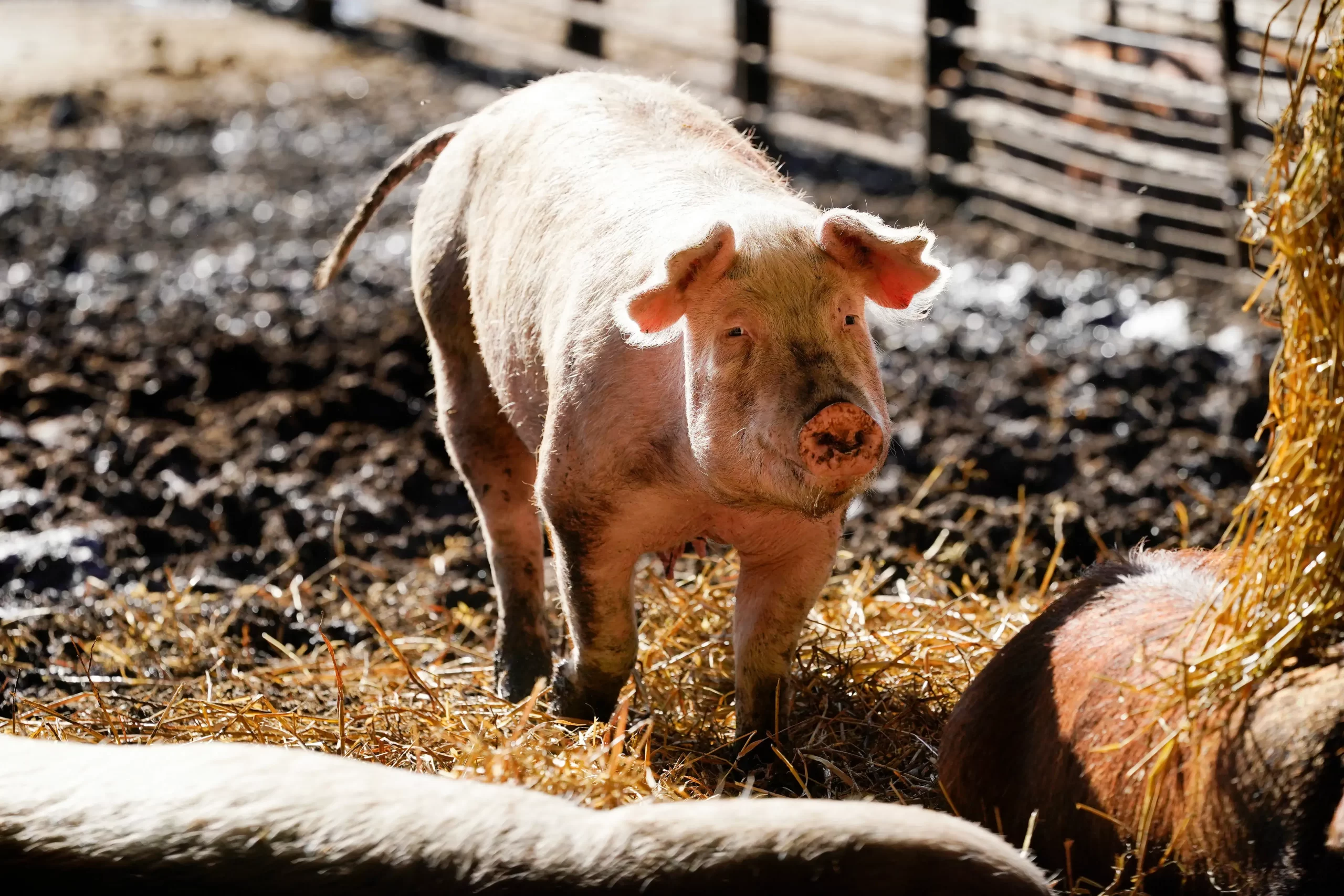California Bacon Law Takes Effect, With Implementation Delayed
A California Bacon Law that prohibits the use of narrow gestation crates for breeding pigs has finally taken effect after years of delays. The law, approved by voters, aims to provide more space for pigs to stand and turn around.
While the law has been upheld by the U.S. Supreme Court, its implementation has been postponed, allowing pork produced before July 1 to be sold in California until the end of the year. The delay has received mixed reactions from supporters and critics.
The implementation delay of the law provides producers, grocers, and restaurants with additional time to adjust their practices. Reducing the likelihood of shortages in the pork market.
Producers complying with the new animal welfare rules are expected to benefit from the law. However, opponents argue that California should not dictate how hogs are raised in regions outside of the state.
The pork industry has raised concerns about the costs associated with converting barns to comply with the new California Bacon Law. Estimating expenses ranging from $5 million to $15 million per operation.
Larger spaces also mean higher heating and maintenance costs. Producers have defended their treatment of pigs, claiming that the law lacks scientific basis.
California Bacon Law Changing Practices and Potential Profits

To meet the California requirements, farmers will need to adopt new practices similar to those of Jared Schilling. Who shifted his family farm in Illinois away from gestation crates.
Schilling’s farm transitioned to group housing for all breeding pigs, resulting in improved animal welfare and a more relaxed environment. The law’s enforcement, along with a similar law in Massachusetts, is expected to increase demand for crate-free pork. And potentially increase profits for farmers like Schilling.
While some grocery stores in California anticipate a smooth transition, others are preparing for potential disruptions in the supply of fresh pork products due to the California Bacon Law.
Bacon, which can be frozen, is expected to remain well stocked. However, products like pork chops, loin, and roast, sold fresh and not frozen, could experience a level of disruption.
Advocates for animal welfare, including Josh Balk, who led the campaign to pass the California Bacon Law, believe that the California legislation will accelerate the phasing out of gestation crates.
Some companies have already pledged to stop purchasing pork from operations that use such crates. While the long-term supply of crate-free pork remains uncertain, it is predicted that the demand for this type of meat will increase.





